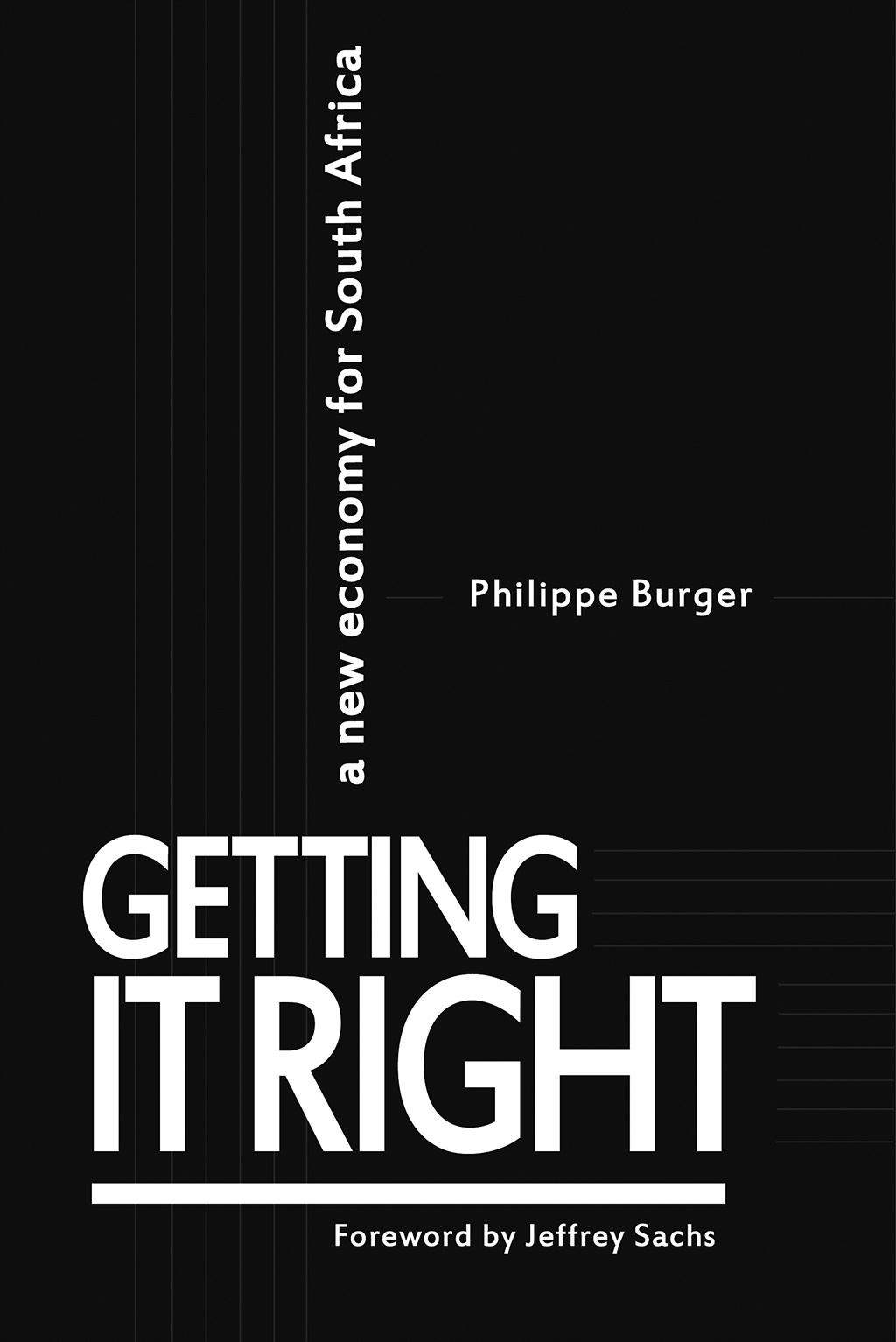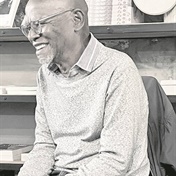
Getting It Right: A new economy for South Africa by Philippe Burger. Foreword by Jeffrey Sachs
Published by KMM Review Publishing
419 pages
R300 (Recommended selling price)
In the first decade and a half after the fall of apartheid economic growth accelerated.
By the mid-2000s it exceeded 5% a year.
Although the unemployment rate escalated from 16.5% in 1995 to 30% in 2003, employment rebounded from 2004 and by 2007 the rate had fallen to 21%.
But then in 2008/09 the global financial crisis happened and in 2011/12 the commodity price boom ended.
Economic growth in South Africa collapsed and unemployment began an unrelenting upward march.
To use the broad definition of unemployment, from the end of 2008 to the end of 2016 more than twice as many people (2.8 million) joined the ranks of the unemployed than the ranks of the employed (1.3 million).
By the end of 2016 the official unemployment rate exceeded 26%, up 10 percentage points from 1996, while the broad unemployment rate was almost 36%.
By 2016, barely four out of every 10 working-age individuals were employed.
Economic growth fell from more than 5% per annum in the mid-2000s to less than 0.5% in 2016.
Income inequality remained stubbornly high at levels not seen elsewhere in the world and the relief from poverty observed since the mid-1990s was largely the result of the payment of grants, not of jobs.
Not only is South Africa in an economic rut, but high levels of corruption, patronage and state capture also mean that it suffers from severe institutional rot that distracts attention from policy debates while the accompanying political and administrative mismanagement creates policy uncertainty.
Policy uncertainty and economic underperformance, in turn, lead to low investment. The result is low economic growth and high unemployment.
To be sure, the first democratic government in 1994 inherited an underperforming economy with a broken labour system.
Apartheid’s labour system comprised a labour market that, up to the mid-1980s, suffered from the stifling effects of job reservation.
It also comprised the Bantu education system and the Bantustan, and the influx control system limited the movement of blacks between the cities and the Bantustans – while job reservation meant that the Bantu education system saw no need to prepare blacks for semi-skilled and skilled jobs.
Within its first three years the first democratic government introduced new labour legislation that modernised the South African labour market and protected worker rights.
The Bantustan governments were abolished (although traditional chiefs were left in place) and the fragmented, race-based education departments were merged into a single non-racial education system.
But as the numbers in this book indicate, these reforms did not bring work and prosperity. This book attempts to explain why. Central to the explanation is policy failure and patronage.
In the chapters that follow I set out the key problems inhibiting economic growth, job creation and a reduction of inequality and poverty.
The core policy problems
Although the democratic government introduced labour market reforms, two essential components of apartheid’s broader labour system are still in place, if not in name then certainly in effect – the Bantustan and Bantu education systems.
Unresolved tenure rights in the former Bantustan areas and low-quality education, particularly in township and rural schools, continue to deprive people of the opportunity to improve their lives.
The labour market, though reformed after the fall of apartheid, is also unable to provide work for everyone who wants to work.
Parts two and four of the book argue that the failure of the labour market to absorb the unemployed does not, as some argue, result from wage rigidity.
The empirical evidence shows that wages are not that rigid and in addition, contrary to what is often argued, union power in the private sector is very limited.
It is therefore not the culprit in keeping people unemployed. Rather, unemployment results from an oversupply of low-skilled labour, whose limited skills set is simply incompatible with the skills set demanded by employers, irrespective of the wage level.
South Africa does not have an unemployment problem; it has an unemployability problem – and the demand for skilled labour is increasing relative to the demand for low-skilled labour.
This will worsen the incompatibility problem and lead to even higher levels of unemployment among low-skilled workers.
The failure of the labour market to absorb the unemployed also results from the lack of investment in capital goods.
Too low investment inhibits the ability of companies to expand production and hence employment.
Since the mid-1990s the capital stock of both public and private sectors fell drastically as a percentage of GDP.
The unemployment and poverty challenges that South Africa faces are especially pronounced in the former Bantustans which – with the exception of towns – almost exclusively comprise communal land managed by traditional leaders.
Almost a third of South Africa’s population still lives on communal land and although the Constitution requires it, after almost a quarter of a century since the end of apartheid, the government has yet to secure their tenure rights.
Instead, it has attempted to strengthen the power of traditional chiefs at the expense of the people. Traditional chiefs still decide who gets to farm where and, in principle, can take land away from people farming it.
Part three of the book discusses conditions in the former Bantustans. It shows how patronage extends to traditional leadership and part four shows how it undermines the education system.
Burger is professor of economics and head of department at the University of the Free State




 Publications
Publications
 Partners
Partners








